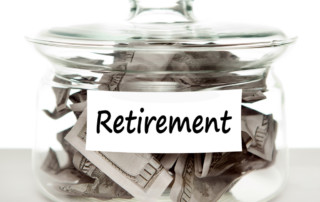Transparency: A Tool to Build Election Trust
Trust in government and election confidence rates have continued to decline in the US. Research indicates that employing operational transparency could be a potential solution. Using these insights, we tested how transparency prompts impact trust in the mail-in voting election process. Higher-level transparency regarding the mail-in voting process was most effective and can be easily scaled by election administration to build trust in these processes.









